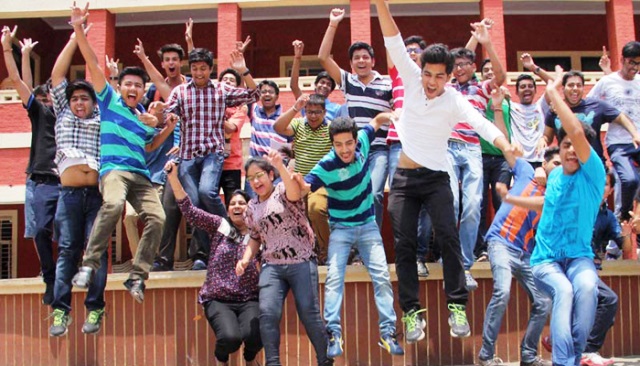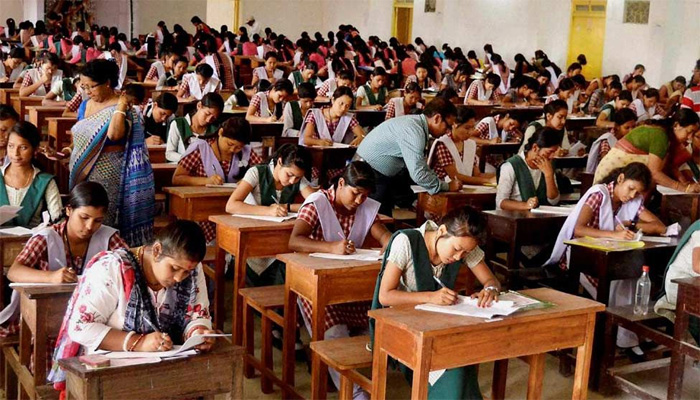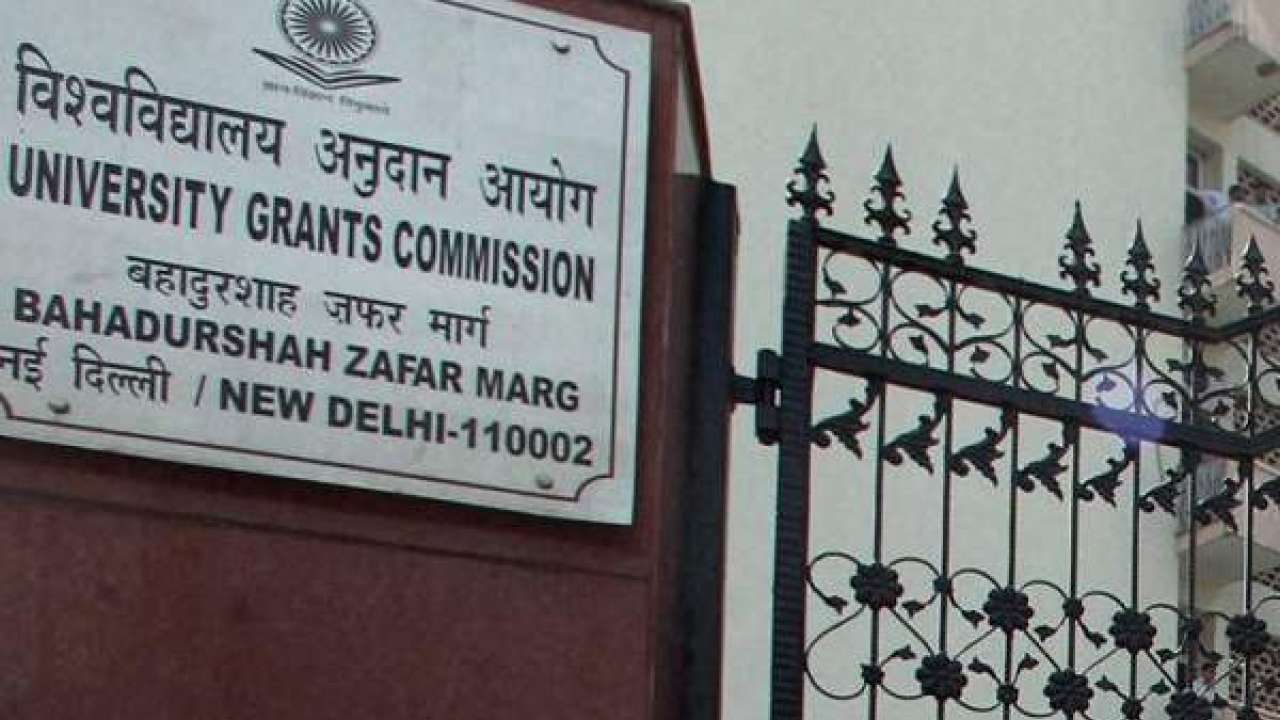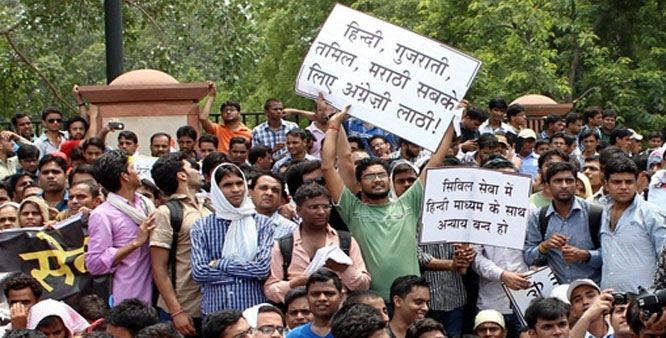As the Board Exam is approaching, the author reminds us of the pathology of inflated marks that a faulty system of education has created.
Tanika Iyer – a leading educationist situated in Pondicherry.
As the Class XII Board Exam is approaching, students, parents and teachers are becoming increasingly concerned about “success” and “ failure”. We have created a system of education that quantifies and measures success. This leads to what we can regard as ‘ninety- five percent syndrome’. In this hyper- competitive culture we have redefined failure too. If you are below ninety- five percent, you are seen to be a failure – not fit for any reputed college in the graduation program. The absurd cut-off point and the chronic anxiety that students and parents face during admission time indicate the vulgarity of this educational culture. Under these circumstances, the central government has advised different state boards to reduce inflated marks. However, it remains silent as far as the deeper issues relating to the prevalent system of school education are concerned. It is in this context that I wish to make three points.

- We ought to realize that this phenomenon of inflated marks is closely related to the prevalent pattern of examination and evaluation . Today the popularity of ‘short/ objective/ factual’ answers to discrete information- oriented questions has created a culture of learning that emphasizes rote learning, mechanized memorization and some sort of quiz mentality (who said what; who did what). Students are trained to remember a set of quick points for answering to a typical question. If they ask you to write about Raja Rammohan Roy your answer will depend on the marks allotted for the question .For a two- marks question you write two points; for a four- marks question you add two more points; and if it is a six- marks question you give six points. That is the formula. You need not go deeper or understand a historical figure more intelligently and meaningfully.No wonder those who are perfectly trained and efficient in this system get even hundred percent marks in literature, history, sociology and psychology.
- There is complete mismatch between a creative pedagogic effort and the exam system. For example, NCERT textbooks have been written quite creatively to engage children in a meaningful and joyful learning. A book on history while dealing with partition writes about a film like Garam Hawa or gives a revealing picture of Gandhi walking through the villages of Noakhali. However, children are trained not to “waste time” in looking at and thinking of this beautiful illustration. Instead of critical thinking, imaginative reflection and engaged dialogue, they are asked to note down, say, a set of six factual points on partition which can assure them good marks. As a result, all creative efforts are lost, and at the end of the day the ambitious parent, the success- oriented child and the glamorous school principal want only the glitz of ninety five percent.Every day through this practice schools are damaging our children.
- And finally we need to ask why college admission should be based only on school performance. It closes all other possibilities. It is perfectly feasible to imagine a child who has got just fifty percent in the board exam, but is potentially a good poet or an artist. Why is it that a person like him or her would be deprived of doing Honours course in English literature in a leading college. A system that is so rigid and bureaucratic is closing the doors for thousands of youngsters who have just began their life- trajectories. It is extremely violent and murderous.
Is it that in our country the fate of education is being decided by all those who are essentially anti education in temperament?
ALSO READ: Letters to Young Students Pursuing Humanities and Waiting for the Board Examination









